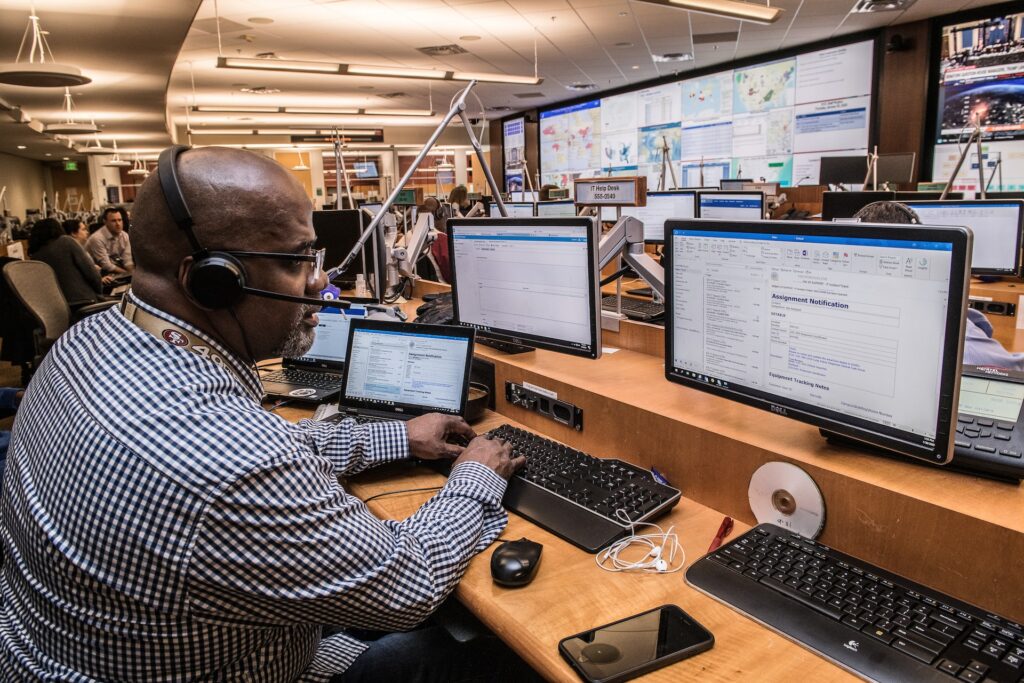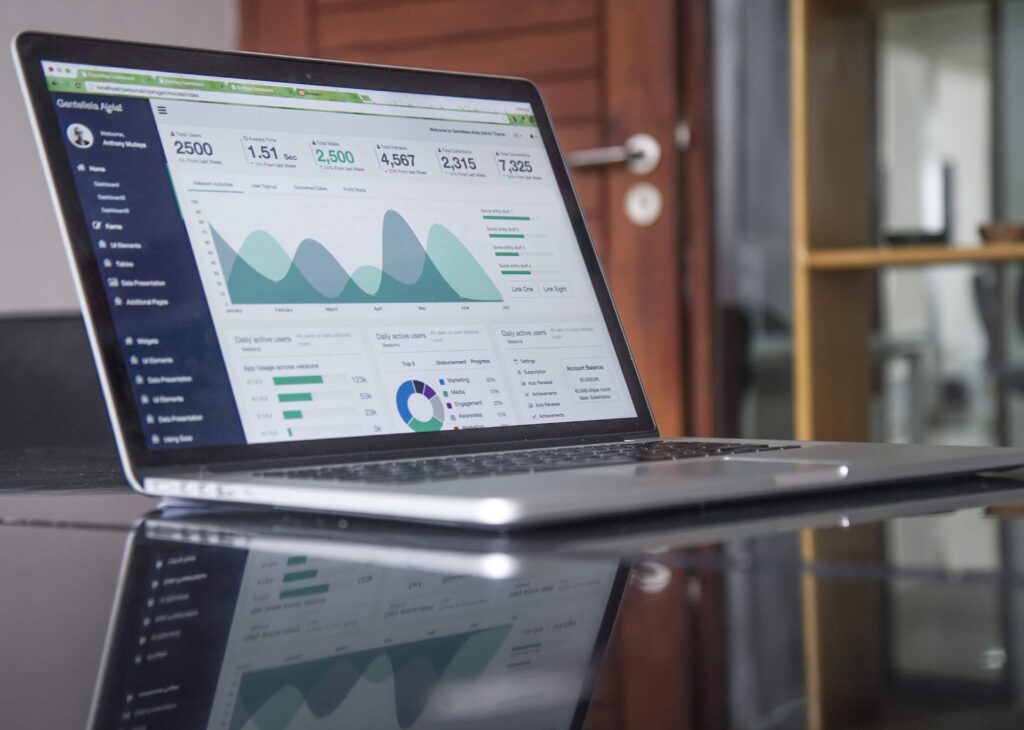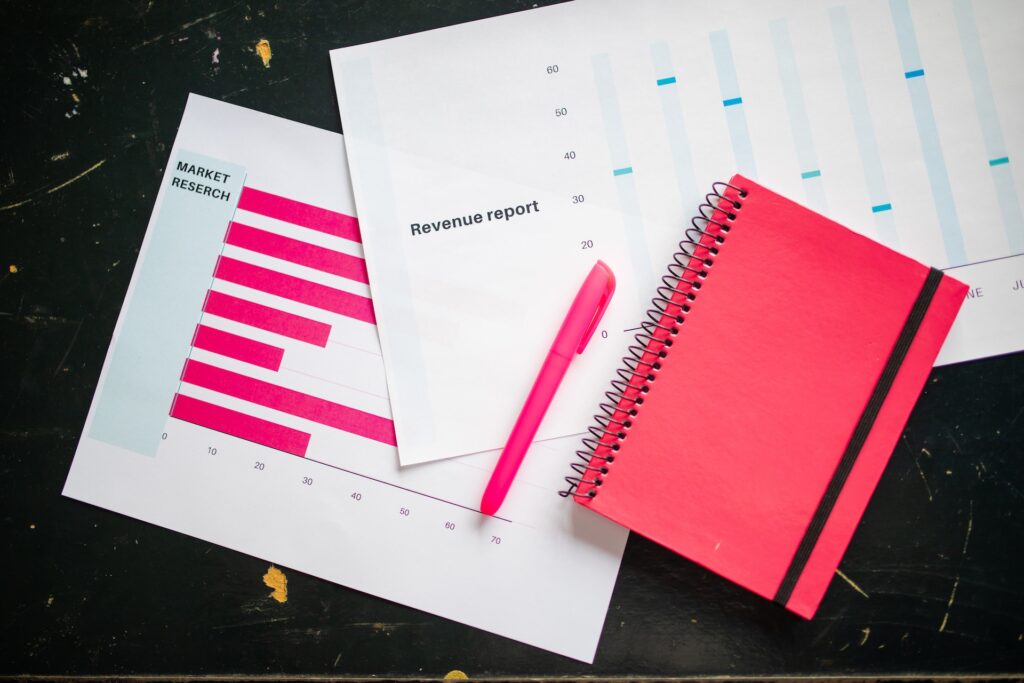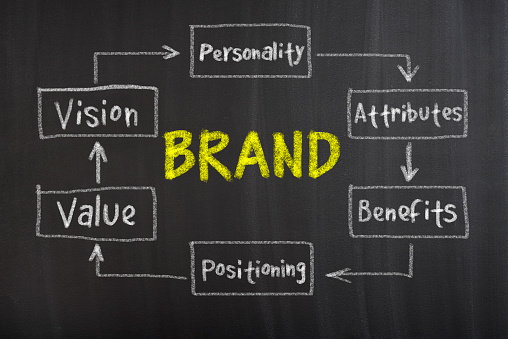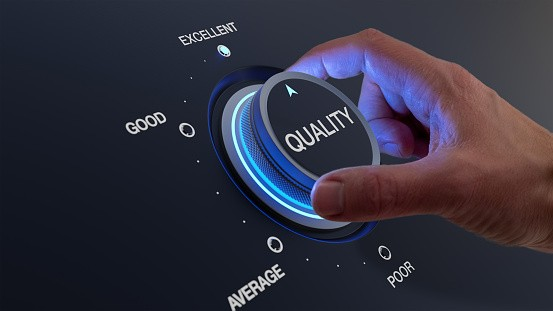In a world propelled by technology and regulated by the digital space, whether you own a company, or are in charge of operations, you can only make decisions based on the data available to you. There is a growing concern over the usage, management, and safety of data. Blockchain, a digital technology that creates data transparency and accountability, makes the process of generating, processing, storing, and securing data seamless.
With over 20 years of developing software systems for both the private and government sectors, Jay Jemal, a trusted Technology Advisor, Senior Technologist, and Founder of Blucidy recently spoke with Alicia Butler Pierre to share some practical tips for improving operations with blockchain technology.
In this article, we summarize those tips for improving operations in areas of 1) reporting, 2) decision making, and 3) retail (as an example industry).
Discover Jemal’s tips for improving operations with blockchain in this interview on the Business Infrastructure podcast:
What is Blockchain?

Blockchain is a decentralized database that records and stores data that cannot be erased or manipulated. The records contained are always going to remain the same. It guarantees the safety, transparency, and visibility of data. Blockchain technology further eliminates the possibility of data redaction.
1. Reporting

One of the outputs of any blockchain technology is the ability to produce reports based on data. It gives a true representation of data without any sort of manipulation. The golden value of blockchain is transparency and accountability. Also, it minimizes duplicate data entry. This goes a long way in shaping public perception and getting the masses to trust reported data. The mistrust of the covid vaccine is a recent and relevant example.
2. Decision Making

As a leader or manager, you can only make decisions based on the data available to you. The more trustworthy your data is, the better-informed decisions you can make. Simply put, you are empowered to make better decisions when you have sound, reliable data; that is, data that hasn’t been retroactively changed or manipulated at any point.
Blockchain technology offers clean, verified, and traceable data. High-quality data also equips operational teams in their research and analysis in understanding how and where to improve processes and workflows. Similarly, you’ll have the confidence required to make sales, production, and financial projections.
3. Retail

One of the examples Jemal cites in his podcast interview is the use of blockchain technology in retail. There are multiple areas it can be deployed, including product tracking. Retailers can track a product from the moment a customer orders a product to the moment it is shipped and estimated to be delivered. Access to such data provides the ability to communicate accurate information while guaranteeing customer satisfaction.
Due to the COVID-19 pandemic, it has become necessary for practically all businesses to digitize their operations. As such, blockchain technology can be deployed in delivering quality goods and services efficiently and timely.
Final Thoughts
Blockchain technology can improve the way small businesses operate by guaranteeing reliable, accurate, and transparent data. Just like any other valuable asset, there is a need to protect and secure that data so as to avoid it getting compromised. This is where cybersecurity comes in handy. The connectivity of data flowing from one point to the other across all functional areas of your business is key to operating efficiently and effectively. Blockchain makes this data flow even more seamless.
Check out Jemal’s list of recommended resources to learn more about blockchain technology and how you can leverage it to improve operations in your small business.


